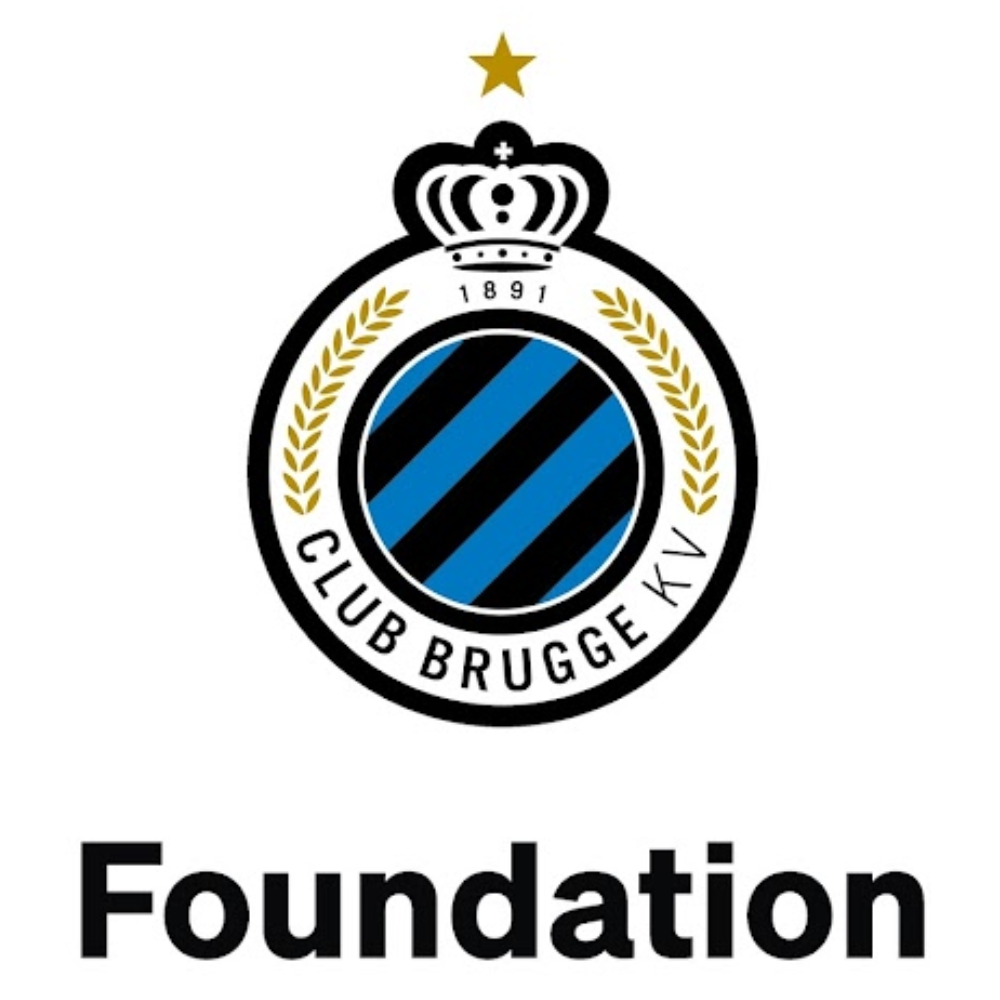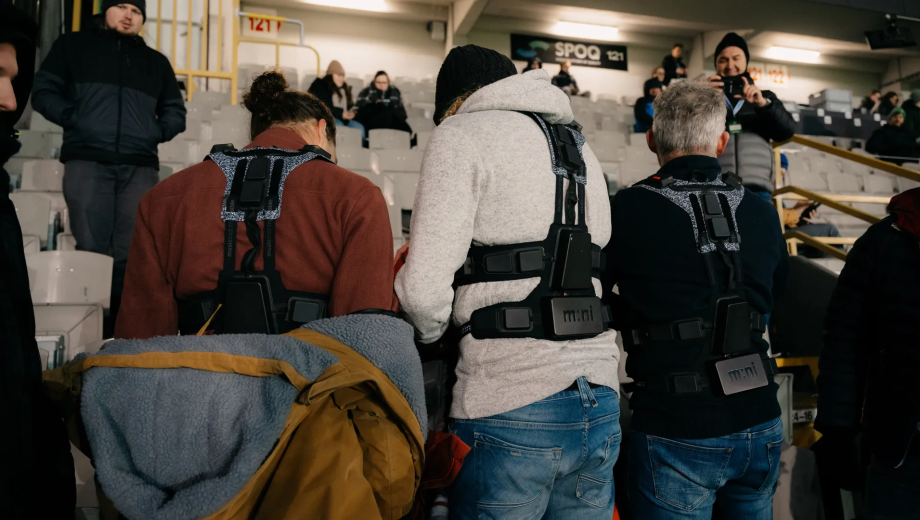FIFA puts a spotlight on Club Brugge for Autistic Pride Day
On the 18th of June, when we celebrated Autistic Pride Day, FIFA interviewed Peter Gheysen, coordinator of EFDN’s member Club Brugge Foundation, asking him how their programme Voetbalkraks has given autistic children the chance to play their favorite game.
As the World celebrated Autistic Pride Day, the FIFA took the chance to interview Peter Gheysen, coordinator of EFDN’s member Club Brugge Foundation. The Belgian Club has been spreading awareness on autism since 2007, when one of their youth coaches started Voetbalkraks.
Over the past 13 years, the project has grown bigger and it now counts 16 highly trained coaches and more than 60 boys and girls aged six to 18. With roughly one coach for every four youngsters, it provides the ideal setting for these young footballers who often need a one-to-one approach to aid their integration into groups.
“For some, the slightest change to a programme can cause a lot of upset. The structure of training sessions and the repetition of specific movements and exercises can be reassuring for them. Our coaches pay attention to all those details.” said Gheysen, who has been running the foundation since 2009.
Unlike other disabilities, autism can be invisible, as it is not immediately recognizable. “You can’t see it straightaway in children. That’s why we’re trying to give this team some exposure and organise events that show they’re people with talent and qualities too and who can play an integral part in society,” said Gheysen.
“The project provides children who are sidelined, in both a sporting and social sense, at many clubs with a structure in which they can participate, a team to which they can belong and where they can wear the colours of the club they love with pride.” added the Foundation’s coordinator, who also explained how the Voetbalkraks youngsters share regular training sessions with the first-team players, watch their matches and escort them on to the pitch as matchday mascots.
Besides playing football, the youngsters take part in other group activities From quizzes on the club’s history to educational workshops, not only the kids improve their knowledge on the Bleue et Noire family but they also strengthen their social skills.
“Football is the most popular of all team sports, and some autistic children find it hard to be part of a team or to interact with other children,” said Gheysen. “How do they behave with their team-mates, learn to win, accept defeat, respect opponents? Thanks to Voetbalkraks, they can develop as football players and they can also enhance their communication skills. They are part of a family and their parents feel that they are part of society too. They can play football, train every week and play matches, just like any other young person.”
Read the full interview here.
? Hats off to @ClubBrugge_en on #AutisticPrideDay
?⚫️ We look at how their @ClubBruggeFound is helping autistic children enjoy football & feel included in society ?
? https://t.co/MZaYoOk7KZ pic.twitter.com/iUXyzSP8d9
— FIFA (@FIFAcom) June 18, 2020

Job fair




